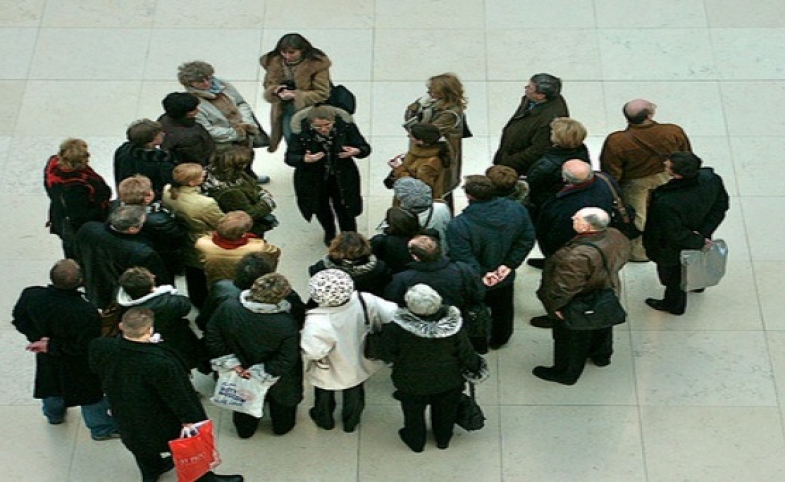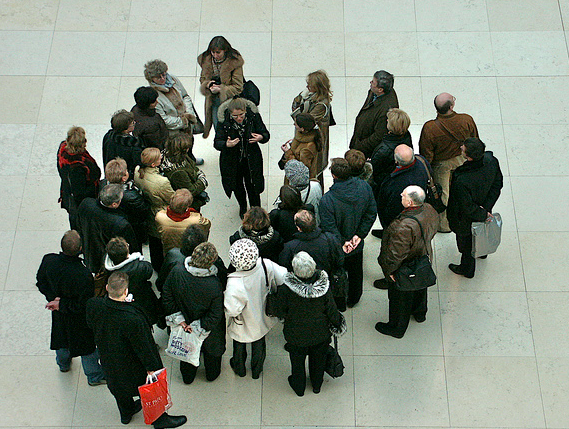This project was an exploratory examination of the effectiveness of the “Goodwill Ambassadors” and “Messengers of Peace” programs of the United Nations (UN) system. The UN was the first major international institution to...
KEEP READINGThe CPD Blog is intended to stimulate dialog among scholars and practitioners from around the world in the public diplomacy sphere. The opinions represented here are the authors' own and do not necessarily reflect CPD's views. For blogger guidelines, click here.

United Nations Reinvents Itself Through a New Public Diplomacy Initiative
"In a world where more have access to mobile phones than toilets, people expect to participate in shaping public policies.”
The United Nations launched a new public diplomacy initiative that aims to change how decisions are made about world affairs.
The initiative, titled the “Global Conversation Begins,” uses digital media, mobile phone technology, and meet-ups to enable people from the world over to take part in setting priorities for the future global development agenda.
This citizen diplomacy “crowdsourcing” plugs feedback into an intergovernmental process working to develop a set of targets which will guide the governments in designing sustainable policy that specifically addresses poverty eradication policies from 2015 to 2030.
So far, more than 750,000 people from 194 countries have participated.
The initiative is designed to provide a complementary source of information to what the governments present as their official positions in what are typically closed-door negotiations.
This is a new phenomenon by which not just governments but people can participate in shaping global policy.
The influence of the initiative is exerted through regular U.N. presentations of the Global Conversation findings to the world leaders, policy experts, and development practitioners.
For example, heads of states and government who led the work of the high-level panel on post-2015 agenda have already been informed of the Global Conversation’s preliminary results, which include:
• People want better education, higher quality healthcare, and open and responsive government institutions.
• They call for all countries to take part in delivering on the sustainable development goals.
• There is demand that governments and the international community continue to work on achieving the Millennium Development Goals, the first agreed global development agenda in history, adopted in 2000.
Ultimately, it will be the governments who will decide on the text of the sustainable development goals through what is expected to be an intense diplomatic negotiations process.
However, the Global Conversation points to a future trend that will change the way decisions are made at the global level – there will be new forms of participation, transparency, and problem-solving collaboration.
You can find more information about the project here: “Crowdsourcing the next global development agenda.”
Disclaimer: the author works on the Global Conversation initiative.
Visit CPD's Online Library
Explore CPD's vast online database featuring the latest books, articles, speeches and information on international organizations dedicated to public diplomacy.
POPULAR ARTICLES
-
January 29
-
January 20
-
January 28
-
January 2
-
February 6
Join the Conversation
Interested in contributing to the CPD Blog? We welcome your posts. Read our guidelines and find out how you can submit blogs and photo essays >.














